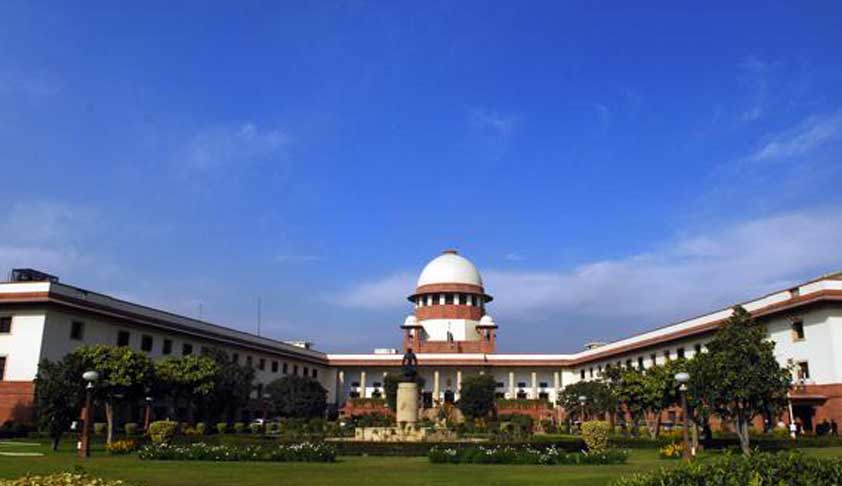Much after the debated prospects of the criterion essential for the NET [National Eligibility Test], the Supreme Court on Thursday, acted in consonance with the University Grants Commission and upheld their policy for fixing criteria for candidates to qualify in the NET. The Apex Court, by way of its discourse, was said to back up that the policy was not ‘arbitrary and illegal’.In...

